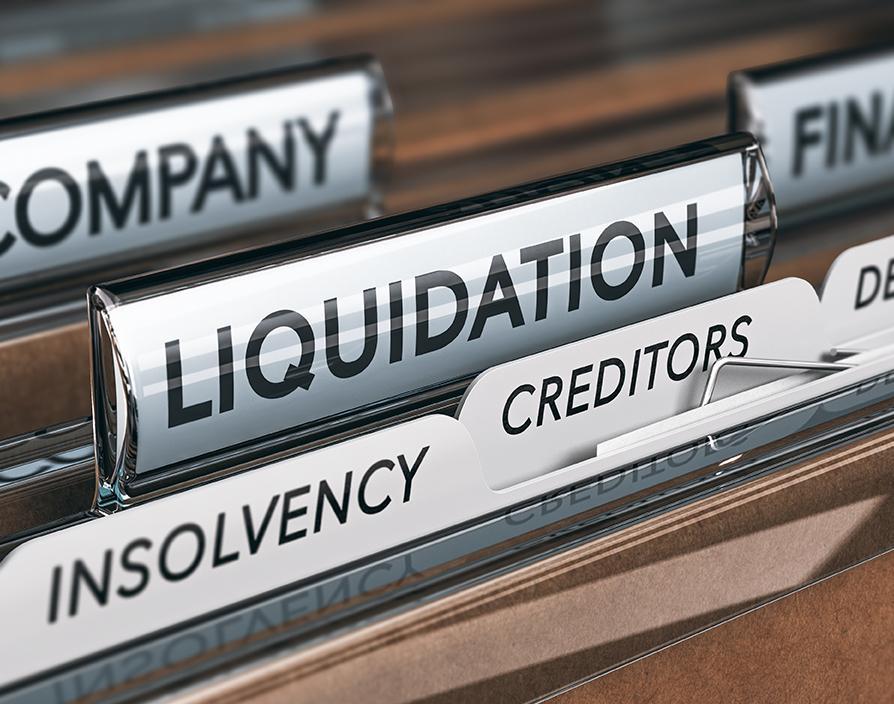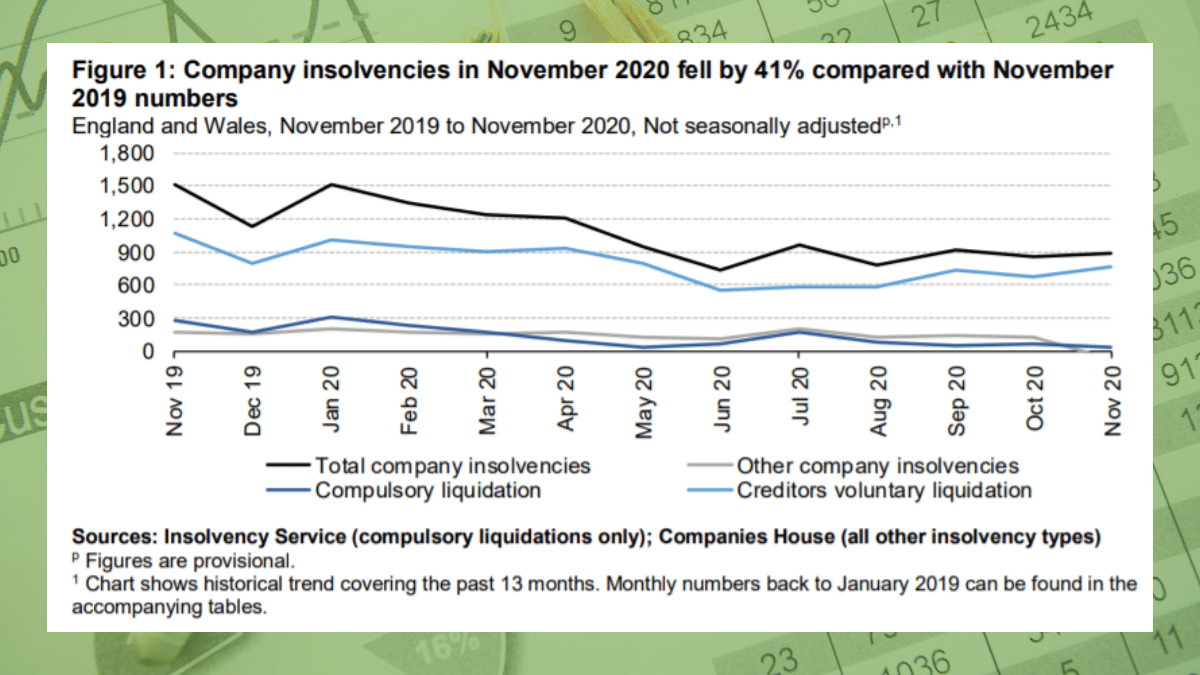Insolvency Practitioner Fundamentals Explained
Insolvency Practitioner Fundamentals Explained
Blog Article
Some Ideas on Insolvency Practitioner You Should Know
Table of ContentsThe Only Guide for Insolvency PractitionerLittle Known Facts About Insolvency Practitioner.10 Easy Facts About Insolvency Practitioner DescribedFascination About Insolvency PractitionerRumored Buzz on Insolvency PractitionerNot known Factual Statements About Insolvency Practitioner The Of Insolvency Practitioner
Insolvency is when obligations are higher than the value of the firm, or when a debtor can not pay the financial obligations they owe. A business can become financially troubled because of a number of circumstances that bring about poor capital. When faced with insolvency, a company or individual can speak to lenders directly and restructure financial debts to pay them off.Company proprietors might contact financial institutions directly and restructure financial obligations right into more convenient installations. Creditors are commonly responsive to this strategy due to the fact that they desire to be settled and stay clear of losses, even if the payment is on a delayed schedule.
Insolvency Practitioner - Questions
The proprietor produces a proposition detailing how the financial obligation might be reorganized utilizing cost decreases or other plans for support. The proposal reveals lenders exactly how business may generate adequate capital for lucrative procedures while paying its financial obligations. Commonly, a forgiven debt may be thought about income by the Irs (INTERNAL REVENUE SERVICE).

8 Simple Techniques For Insolvency Practitioner
The organization may finish up paying huge quantities of cash in problems and be overcome operations. When procedures discontinue, so does the business's earnings. Absence of earnings causes unsettled costs and lenders requesting cash owed to them. Some business come to be financially troubled since their goods or solutions do not develop to fit customers' changing demands.
Expenses exceed earnings and bills stay unpaid. Sorts of insolvency include cash-flow bankruptcy and balance-sheet insolvency. Cash-flow bankruptcy takes place when a business has the possessions to cover their financial debts yet they remain in the wrong form, such as genuine estate rather of fluid funds. Balance-sheet bankruptcy, on the various other hand, suggests a lack of possessions in any type to cover financial obligations.
The IRS states that a person is bankrupt when the overall responsibilities exceed complete assets. A bankruptcy, on the other hand, is a real court order that shows just how an insolvent individual or company will settle their financial institutions, or how they will certainly offer their possessions in order to make the payments.
The Only Guide to Insolvency Practitioner

Understanding the elements that can lead to insolvency, such as overspending, can assist you avoid bankruptcy and its effects.
A Biased View of Insolvency Practitioner
It is well understood that supervisors and officers of companies (and supervisors of minimal responsibility firms) owe fiduciary responsibilities to their organizations and their investors (or participants). These fiduciary obligations are defined by state laws and, though there are variations from state to state, they typically include a responsibility of loyalty and a responsibility of care.
The responsibility of treatment needs directors and officers to exercise persistance, to make educated decisions, and to act in excellent faith so that their actions are in the most effective interest of the company. Beyond the scope of this conversation, some states permit these responsibilities to be limited either by so keeping in mind in the organizational documents or conforming with various other requirements.
Insolvency Practitioner - An Overview
The majority of states specify insolvency in 2 methods( 1) when a firm's liabilities become greater than the sum of its possessions or (2) when the firm ends up being not able to pay its financial debts as go to these guys they become dueand embrace both meanings (Insolvency Practitioner). The change in tasks occurs due to the fact that when a firm is financially troubled, there is no worth in the firm beyond that owed to the business's creditors to make sure that the equity holders no more have a financial risk in the firm
Beware regarding offering investors advantageous treatment at the expense of creditors (e.g., authorizing and funding a dividend or a supply redemption). Be mindful concerning special therapy in between courses of shareholders. Clear up efforts to discover all the truths prior to taking a details training course of action; news directors should genuinely think that any type of choices made remain in the finest passions of the corporation in its entirety (i.e., decisions will be evaluated in knowledge because of the effect of such actions on the company).
In any kind of insolvency or insolvency proceeding, repayments made to certain creditors at the expenditure of other creditors can be clawed back, particularly if there is some connection in between the firm and the creditor. Think about proposing at a yearly stockholder meeting (or any type of other conference of shareholders) a resolution attesting that all prior company decisions and activities taken by the directors and officers more information of the company were taken in great confidence after an exercise of affordable care.
The smart Trick of Insolvency Practitioner That Nobody is Discussing
Totally reveal any personal or organization partnerships with events beyond of deals entailing the company to avoid the appearance of a conflict of rate of interest. In reviewing potential fund elevating deals or a sale of assets of the troubled company, understand that these deals may be scrutinized later on in light of any subsequent growth of supervisors' fiduciary responsibilities to include creditors.
Report this page